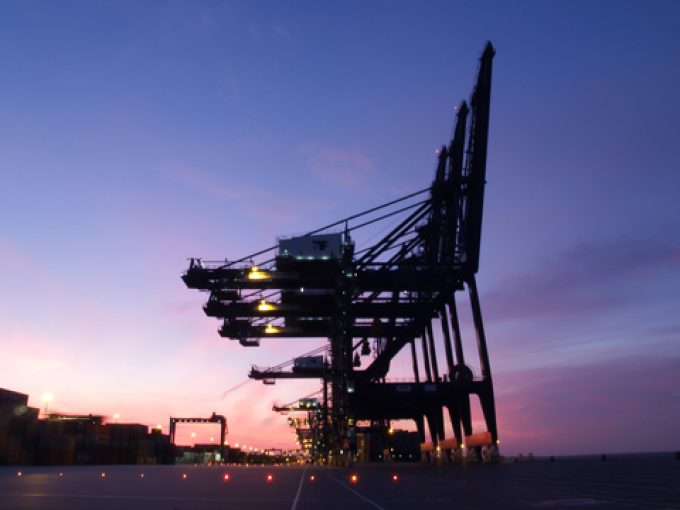Transpacific rates ease as capacity boost proves too much for trades to digest
Transpacific rates, specifically for US West Coast-bound cargo, are at last showing signs of correction ...

The threat of dock strikes at Felixstowe and Liverpool next month, together with the potential resumption of industrial action at German ports, add to the supply chain woes of Asia-to-North Europe shippers.
Moreover, the risk of further disruption to carrier networks as they attempt to navigate ...

Comment on this article